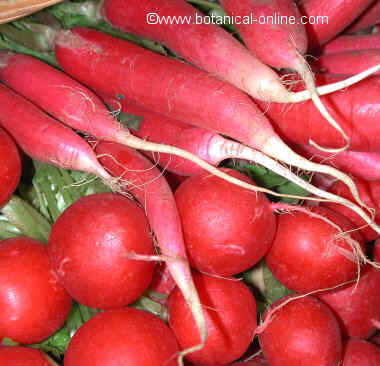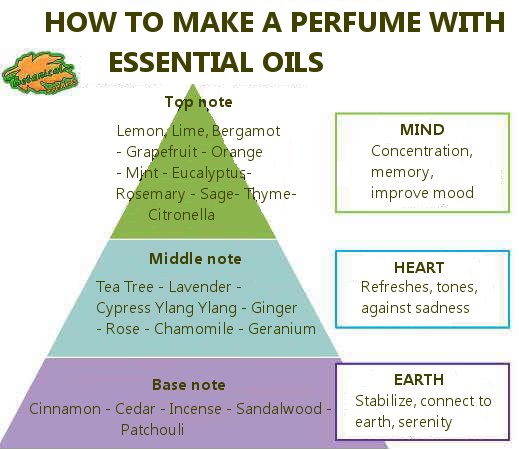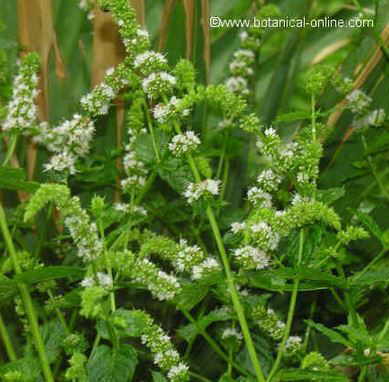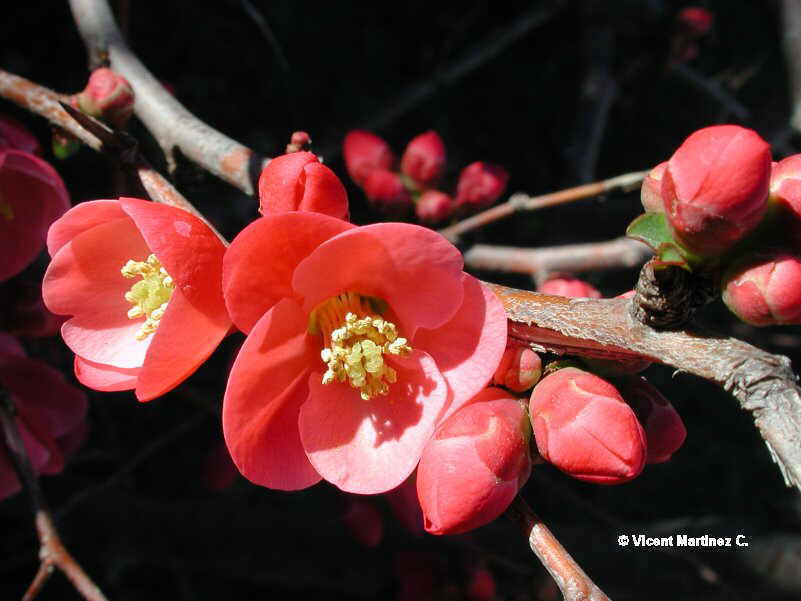Contents
What is agave sap?
Agave sap is a beverage which is extracted from different species within the genus Agave, mainly pulque agave (Agave salmiana Haw.), Mountain maguey (A. atrovirens Karw.) and the American agave (A. americana L.).
All are plants native from Mexico, from semiarid and temperate highland areas. With agave sap it is produced one of the oldest and most traditional drinks of the country: pulque, a slightly acidic flavor and viscous drink.
Agave sap is produced by adult plants, in the previous stage of flowering. A maguey may take about 8 years to bloom.
Nutritional characteristics of agave sap
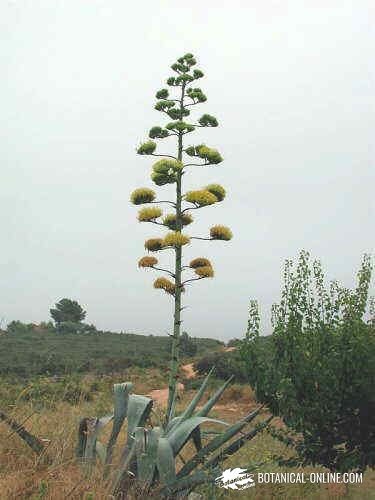
Agave sap is an aqueous liquid hat has a sweet taste and a slightly herbaceous aroma. It is rich in carbohydrates, fiber, potassium, magnesium, calcium, iron, zinc and vitamin C.
Among its carbohydrate content, agave sap contains many carbohydrates mainly composed of fructose, called fructans (inulin, FOS (fructooligosaccharides) and fructose). It contains sucrose and glucose in small quantities.
Agave sap as a prebiotic
Agave sap stands out for its content in inulin. Inulin is a polysaccharide consisting of chains of fructose linked to a glucose (sugar). Digestive enzymes can not break the chains of inulin, which is considered a soluble fiber that can be fermented by bacteria in the colon.
There are very comprehensive studies on probiotic properties of agave juice or sap due to its content of inulin.
As maguey mature, the chains of inulin break leaving free sugars and increasing the sweetness of mead. According to the point of maturity, it will be more or less sweet, depending on its content of free sugars. Agave sap is extracted from plants just before the quiote (flower stalk) appears.
Composition of agave sap
Agave sap contains sugars, especially fructose, and in lesser amount, sucrose and glucose. It provides good amount of soluble fiber: inulin, fructooligosaccharides (FOS). Inulin has a neutral flavor. FOS have a slightly sweet taste.
Spontaneously, after 24-48 hours of being collected, agave sap is fermented by yeasts and microorganisms Leuconostoc spp., Lactobacillus spp and Zymomonas mobilis. After certain time and fermentation control, pulque, a fermented alcoholic beverage is obtained (by the presence of extracellular polysaccharide produced by Leuconostoc mesenteroides).
![]() More information on agave
More information on agave

